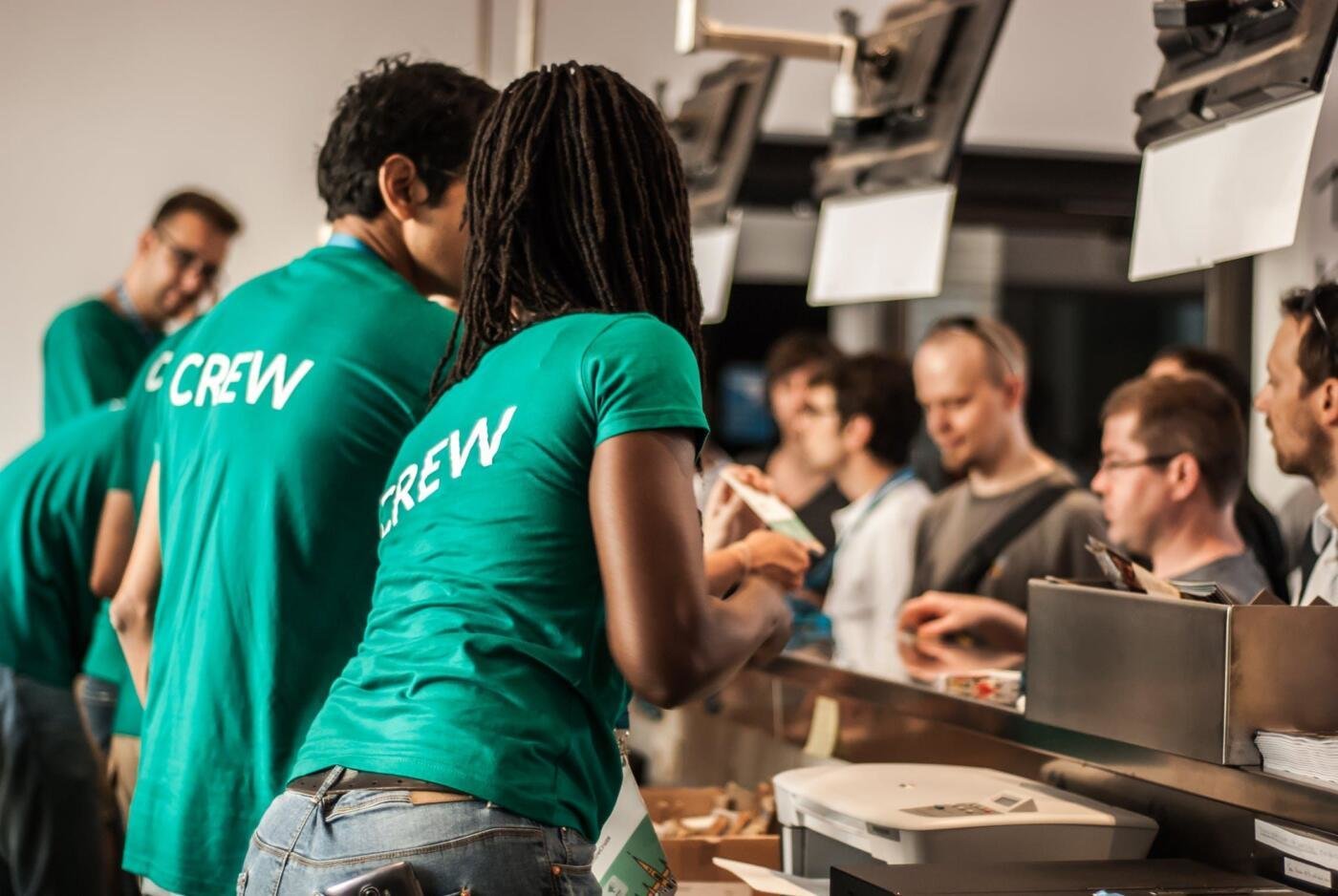Volunteers in European live music scenes: an overview.
Volunteering and EU policy
Complexity of the institutional landscape of volunteering sectors
Volunteer regulation is decided upon at national or regional level. In some countries, volunteering is coordinated by one public body. In other countries, each sector (sports, health, culture...) manages their own "volunteer landscape": there are different ministries and several sector-specific umbrella organisations for voluntary organisations dealing with it. In decentralised countries such as Italy, Spain or the UK, each region may have its own law for volunteering.
In relation to volunteering in general, national umbrella organisations are generally a good source of information (examples: Bénévolat-Vaud, Centre de compétences pour la vie associative in Switzerland or the Voluntary Arts Network in the UK) as they tend to have knowledge about volunteering in all sectors while many ministries tend to speak about volunteering in their specific sector alone.
The next slides will try to give an overview of the specificities of volunteering in Europe, although it does not consist in an exhaustive list of regulations per country.
What is a volunteer?
The legal definition of a volunteer varies from one country to another. Yet, all have in common that:
-
A volunteer freely commits to engage in a non-profit organisation or an organisation not subject to corporate tax and for the general interest of the community. Volunteering is open to everyone.
-
A volunteer does not receive a salary, though they may receive small compensations (a small fee, free goodies or beverages, reimbursement of some costs...).
- Voluntary actions have an educational value (non-formal learning) and offer added social value.
Because of the general interest and non-profit requirement that goes along with volunteer work, some live music venues and clubs cannot recruit volunteers: their venue, club or festival has a private and commercial business model.
This is the case in Spain or Latvia, for instance, where many live music venues have a private commercial status. The national legislations, because of the venue's business status, do not consider them of general interest: to improve the quality of life of people and communities.
Different volunteer legislation exist depending on the legal frame of each country:
In France, a volunteer cannot take the place of an employee and cannot receive any compensation, in any form.
In Belgium, the distinction is made between two types of volunteering: "volontaire" and "bénévole". A "volontaire" may receive small compensations for their work. A "bénévole" earns absolutely nothing. Board members in Belgium have to be "bénévoles".
What does a volunteer do?
In live music venues, clubs and festivals, volunteers handle essential tasks of an event: before it takes place, during the event and once it is finished.

© Dansk Live
Each volunteer function requires a different level of personal implication and responsability.
Or some that are "operational volunteers": handling the wardrobe, running the bar, helping with the assembly and dismantling of the event's site, helping the technical team, managing waste, providing massages and positivity to other volunteers...
Volunteers that have decisionary functions: board members, president of associations, part of a programming committe...
Volunteers that have an organisation task: coordination of other volunteers, administrative tasks within an association....
By volunteer, we mean either:

Volunteers managing waste.
© Simon Grossi
Volunteer bartenders
© Nicolas Faus Prod.

Volunteers' meeting: "organisation volunteers" explaining the different roles and tasks of "operational volunteers".
© Nicolas Faus Prod.

Volunteering in live music venues, clubs and festivals is also a way to develop professional and personal skills.
Many live music professionals started their career doing volunteer work.
Many live music actors have a volunteer activity beside their paid profession.

© Nicolas Faus Prod.
Volunteers are the solid base of grassroots venues.
According to the Survey 2020, 7,8% of venues part of the Live DMA network are exclusively run by volunteers.
Volunteers are an essential part of the live music ecosystem; many venues and festivals would not exist without volunteers.
Policies must take into account the specificities of volunteer-led organisations and develop adapted regulations so as to support them.
Some of these venues or festivals are exclusively volunteer-run by choice.
Other venues or festivals are run solely by volunteer because they do not have another option: they do not have the financial capacity hire.
In the venues, clubs or festivals that are run only by volunteers, all the work is done without anyone receiving a salary for it: from the accountancy, the programming or the communication to the tending of the bar or the lights & sound.
Volunteer management: some guides from the Live DMA network.
Many Live DMA members developed guidelines and advice on how to recruit and manage volunteers.
Find some examples in the slides below!
In Norway, our member NKA developed a wiki page on volunteers.
They give advice on volunteer recruitment and motivation, Norwegian volunteer legislation, volunteer reception, and volunteer contracting (legal information, contract template,...).

In the Netherlands, our member VNPF developed a guide to help their members in managing volunteers.
They give advice on volunteer recruitment and selection, volunteer evaluation, management of conflicts or volunteer legislation...


In the UK, our member Music Venue Trust relies on the work of Voluntary Arts, an organisation which "celebrates, encourages and champions people expressing themselves creatively in their everyday lives and practising their creativity socially with other people."

In Switzerland, our member PETZI have developed a "volunteer certification" in order to valorise the skills acquired by volunteers.
They have matched each volunteer function to a set of skills and know-how that the volunteer can highlight in their future professional orientations.

This is an effective way of adding value to the volunteer's work as well as to what volunteering in live music scenes has to offer.

